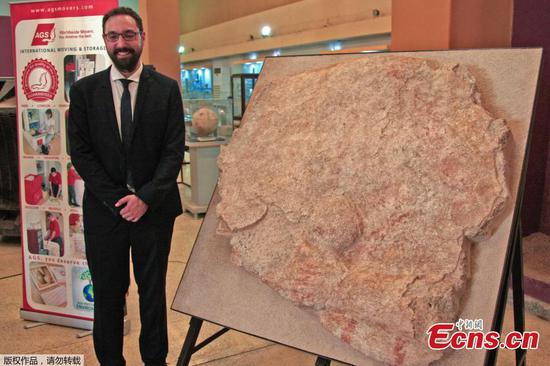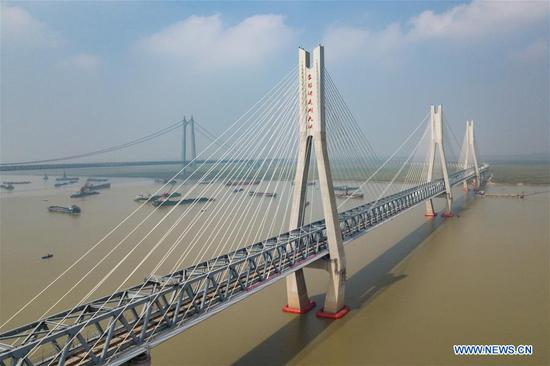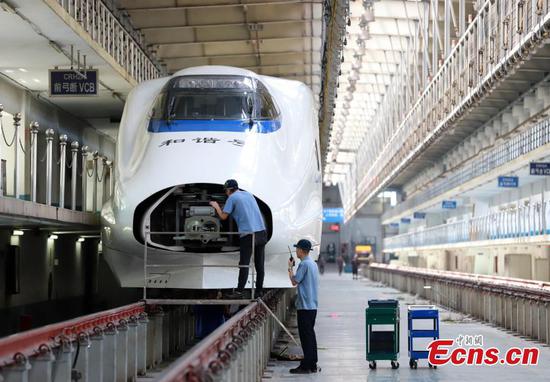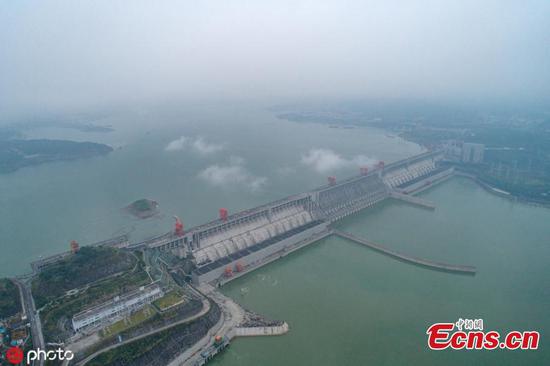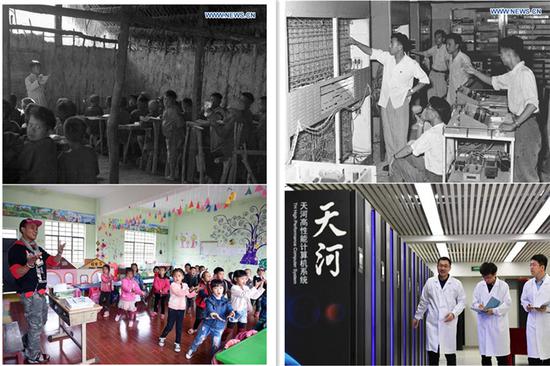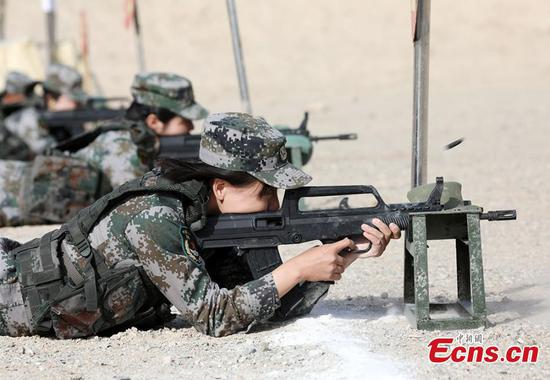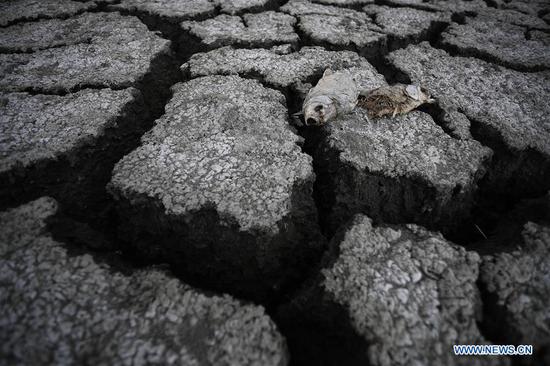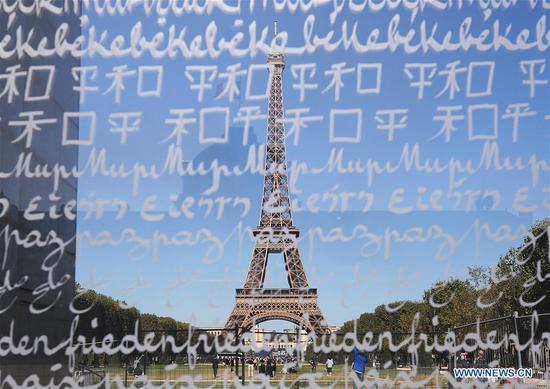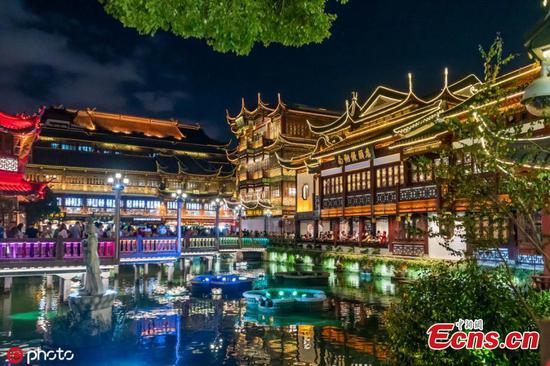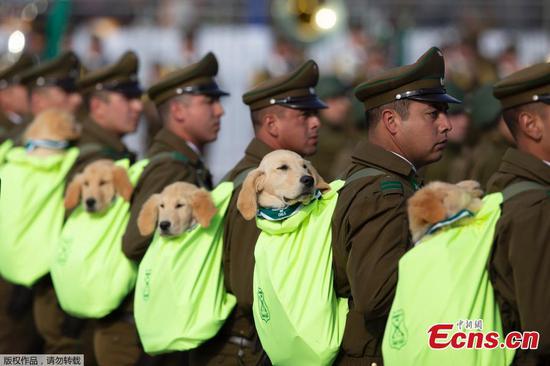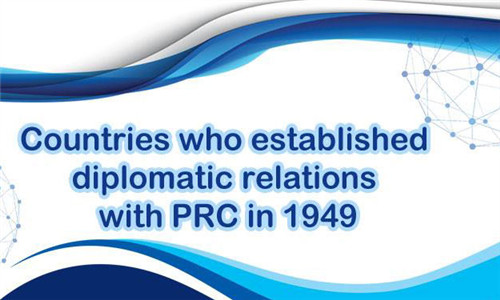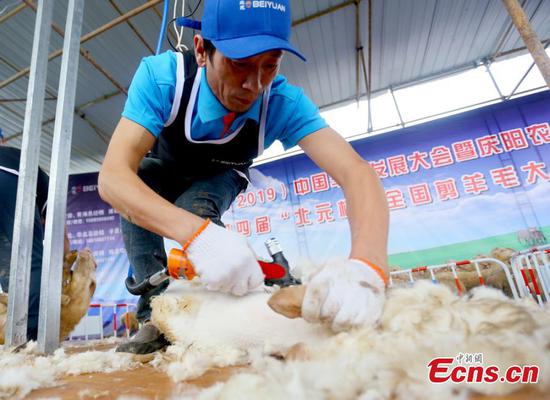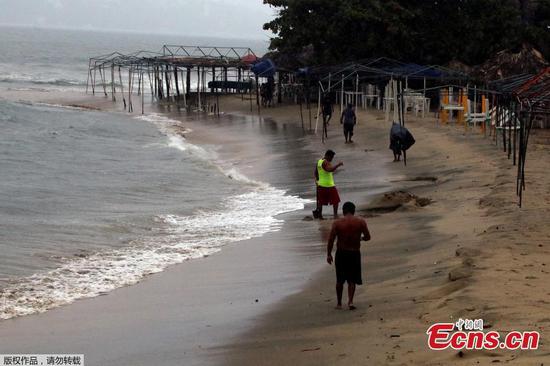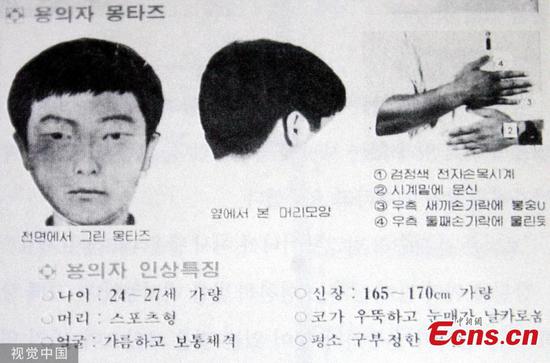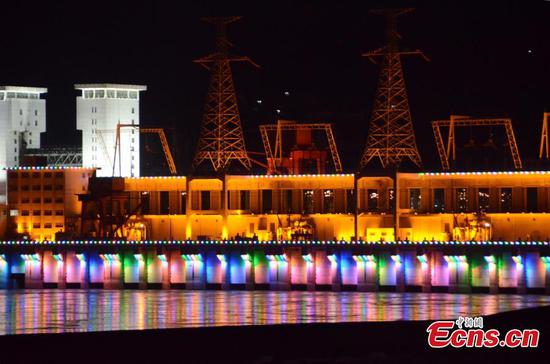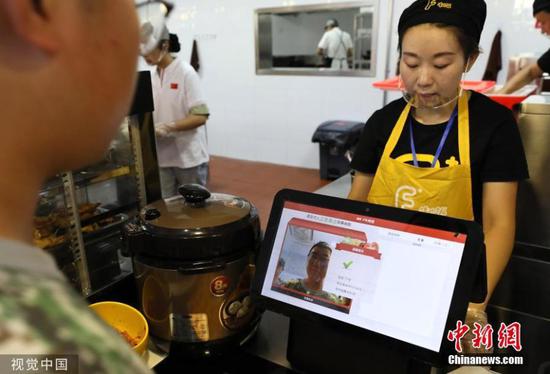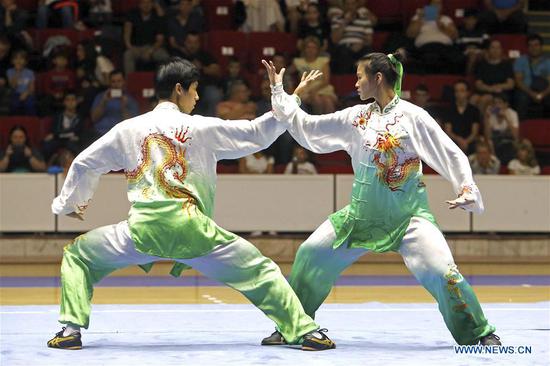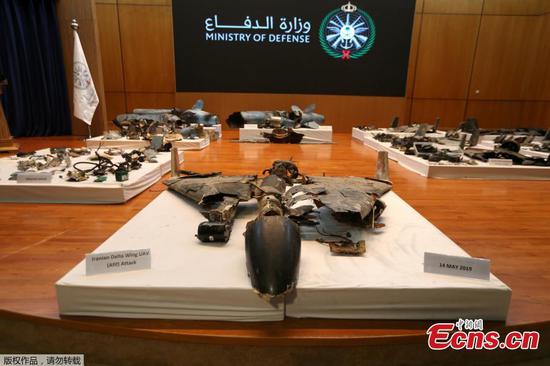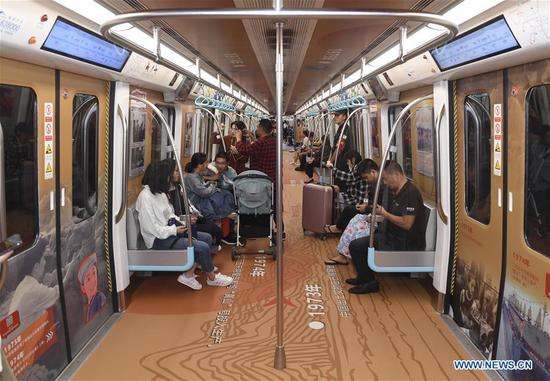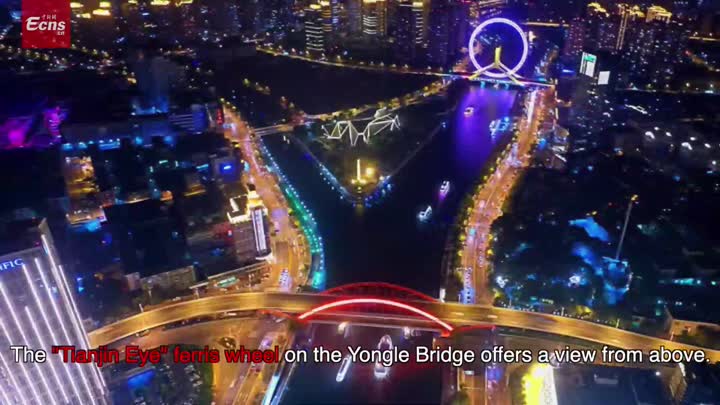
Photo taken on Sept. 18, 2019 shows residential buildings in Quarry Bay, south China's Hong Kong Special Administrative Region. (Xinhua/Lu Ye)
"I hope my daughter will leave this house to have her own one day, but that's a long way off," she said. "My more immediate worry is that the old building may be demolished and we will have to live in more expensive places in remote areas."
The lack of faith in a brighter future is shared by Ah-fung, a handbag peddler in Tai Yuen Street who represents Hong Kong's many small retailers hit hard by the skyrocketing rents and the onslaught of e-commerce.
Working for others or being self-employed would be equally hard, said the 42-year-old.
"Being a salary earner, you'll have little money left after paying the rent," he said. "Doing business, at least 1 million HK dollars is needed to open a shop. I haven't earned that much money for 20 years."
"If Hong Kong remains like this, our children won't have a good future," he said.
LOOKING FOR SOLUTIONS
One scourge of Hong Kong's wealth divide is the hollowing out of its industries, a trend experts said could date back to the 1980s, when Hong Kong started to move out labor-intensive manufacturing industries and reorient to a service-centered economy.
"Hong Kong's economy relies heavily on a few sectors like real estate and finance. While businesspeople in these sectors accumulate vast wealth, the majority of people are unable to get a slice of the pie," said Hong Kong-based economist Liang Haiming.
Over the past 22 years, the successive HKSAR governments have tried many times to tackle these problems by rolling out affordable housing programs and narrowing the rich-poor gap.
To carry out major policies or push forward major bills, the HKSAR government needs to garner the support of two-thirds majority at the Legislative Council (LegCo).
The HKSAR government's previous motions, be it economic policies or fiscal appropriations, were impeded by the opposition time and again at the LegCo.
"They play both the angel and the devil," said Chan Yung, a deputy to the National People's Congress and vice chairperson of the Democratic Alliance for the Betterment and Progress of Hong Kong, adding that the opposition has kept making trouble while blaming the government for achieving nothing.
Joseph P.H. Fan, professor of finance and accountancy at the Chinese University of Hong Kong, also noted that the HKSAR government's governance is constrained by people with vested interests, and many measures designed to boost the economy and improve people's livelihood are difficult to implement.
No solution lies in the prolonged unrest, though, which has veered off its original agenda to cause a split in society and disrupt the economy.
In July, Hong Kong's retail sales plunged 11.4 percent from a year ago, with officials warning the situation may deteriorate further if the violence continues.
To prevent Hong Kong's economy from tanking, the HKSAR government in August announced a package of economy-boosting measures with a total value of 19.1 billion HK dollars, ranging from waiving government fees and charges on enterprises for 12 months to introducing a new loan guarantee product for smaller companies.
To come out of the economic difficulty, Fan suggested strengthening ties with the Chinese mainland so as to gain more economic momentum. "Hong Kong owes much of its prosperity to its role in bridging China and the world, rather than laissez-faire economic policies," he said.
For his part, Liang suggested that Hong Kong further participate in the development of the Guangdong-Hong Kong-Macao Greater Bay Area, and take this opportunity to bolster the science and technology industry.
Earlier this month, Chief Executive of the HKSAR Carrie Lam promised to reach out to the community to start a direct dialogue and to invite community leaders, professionals and academics to independently review the society's deep-seated problems.
"Let's look for solutions," she said, urging Hong Kong to move forward from the current turmoil.









